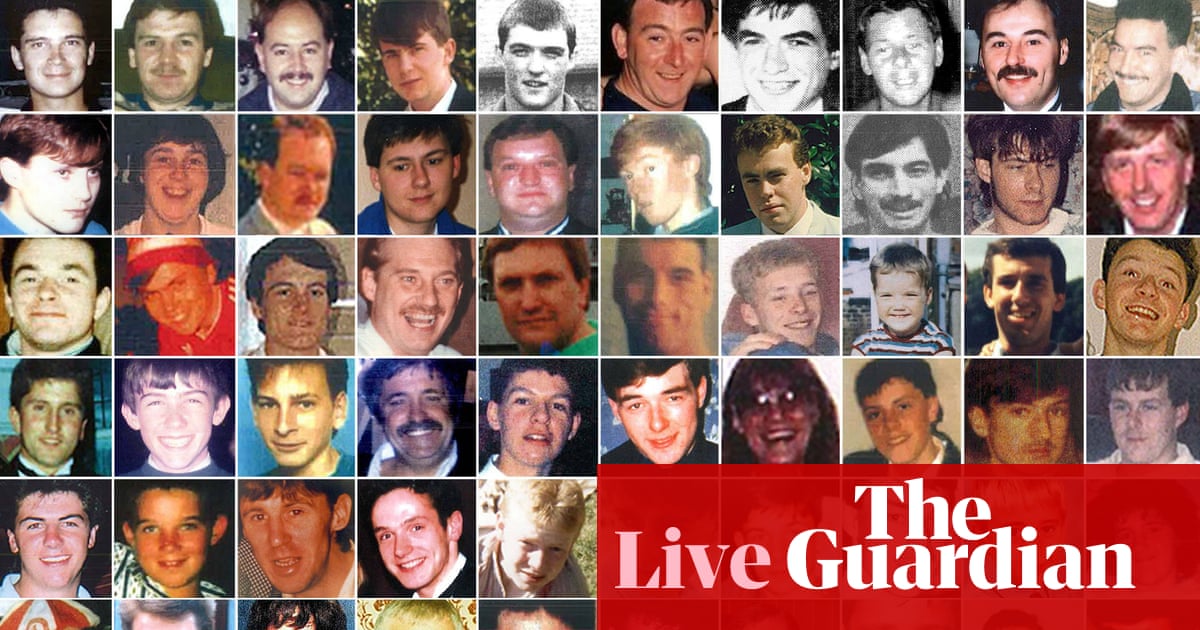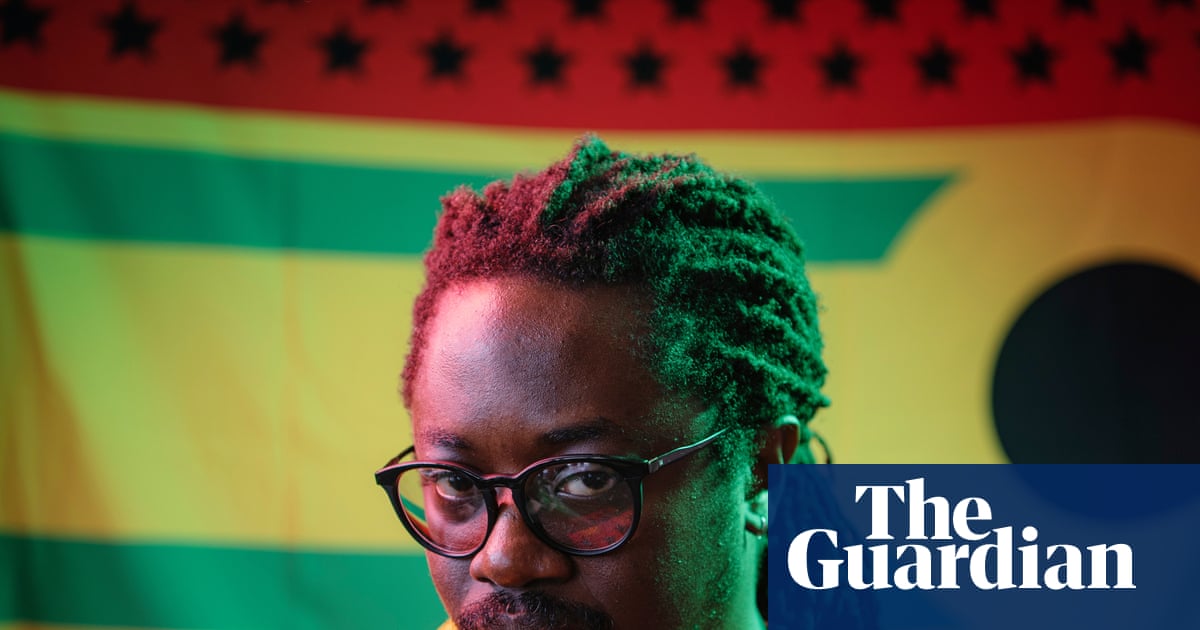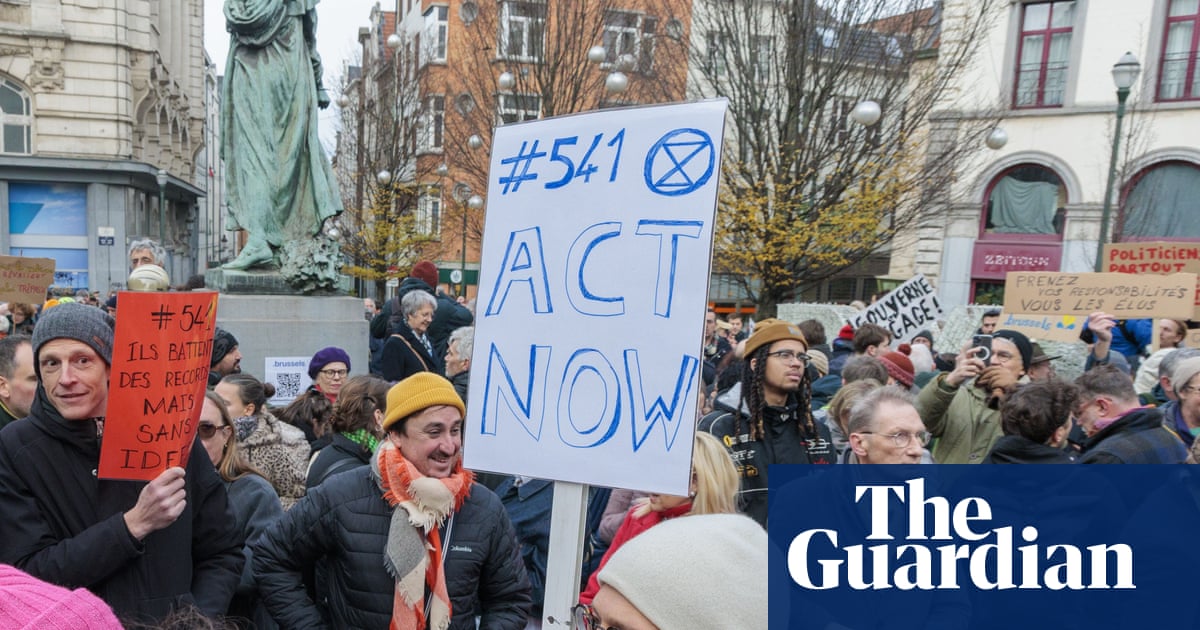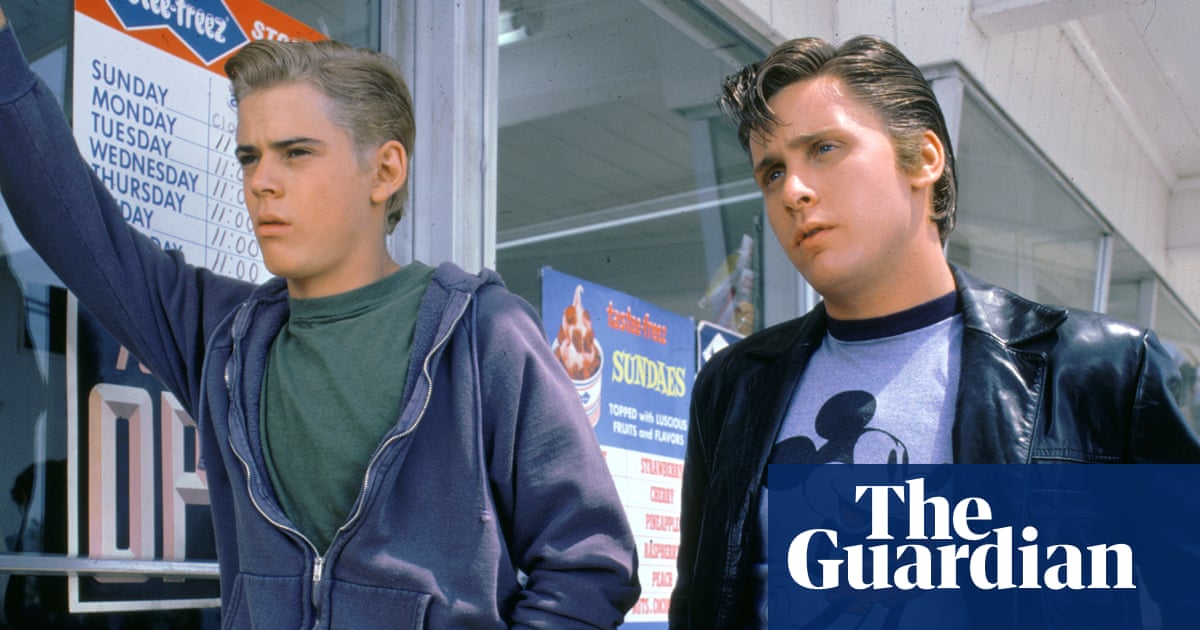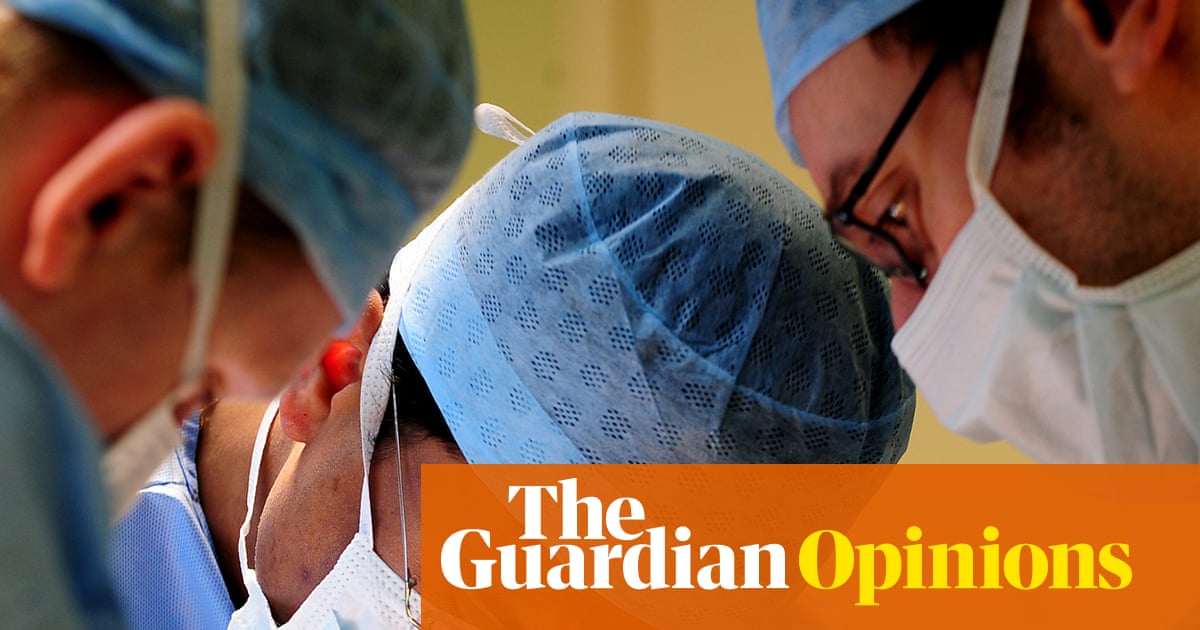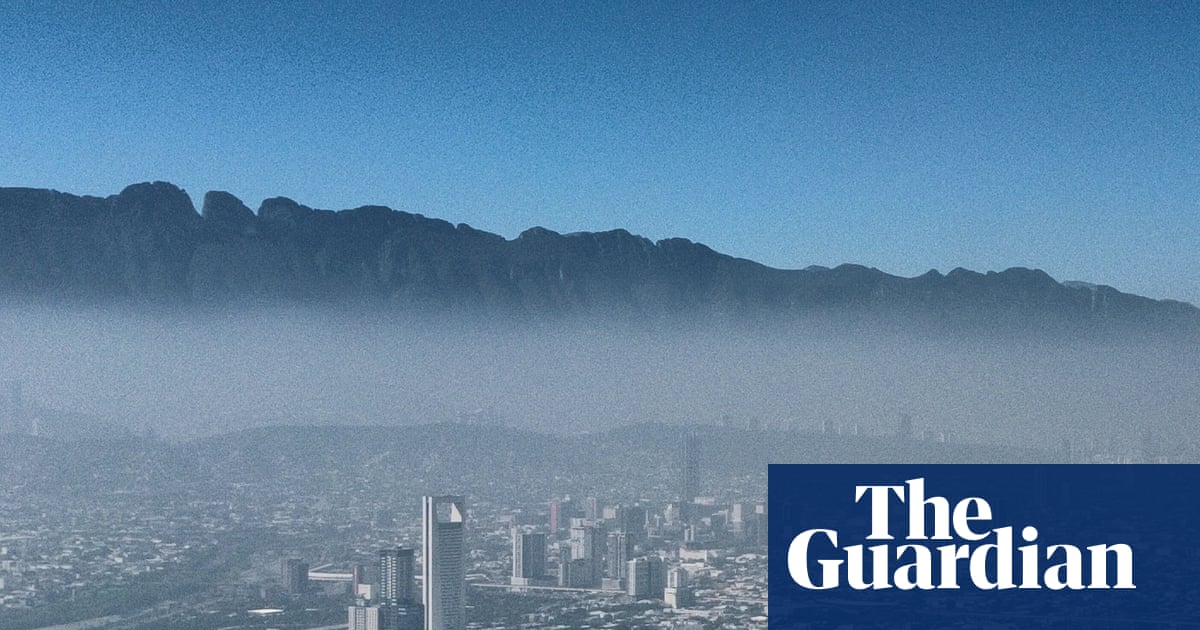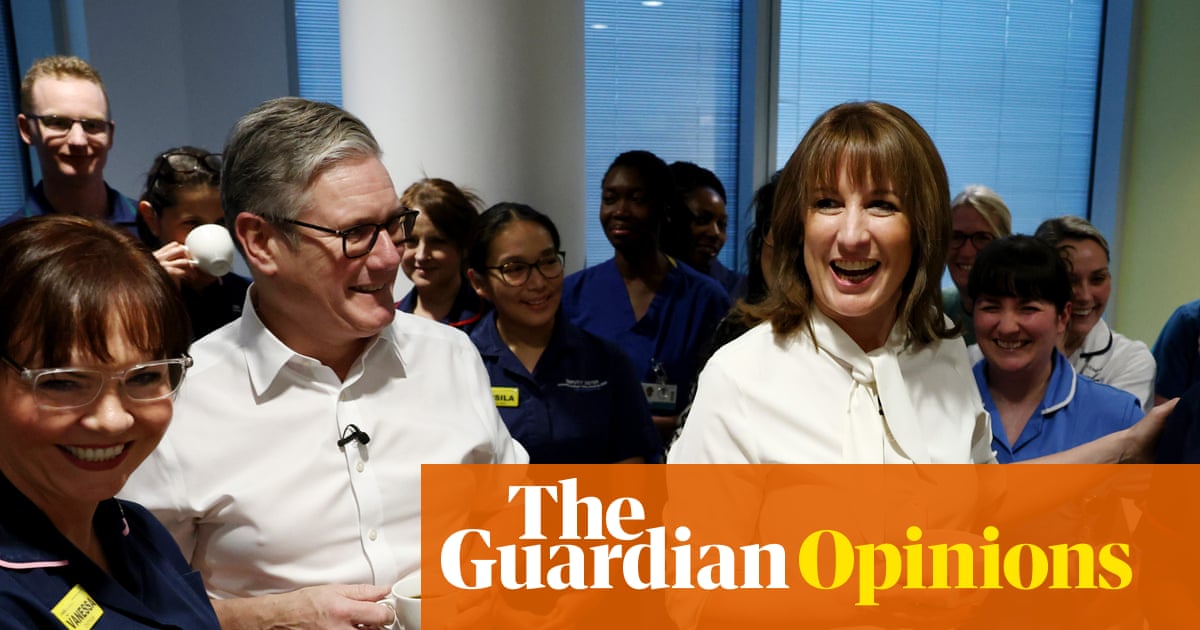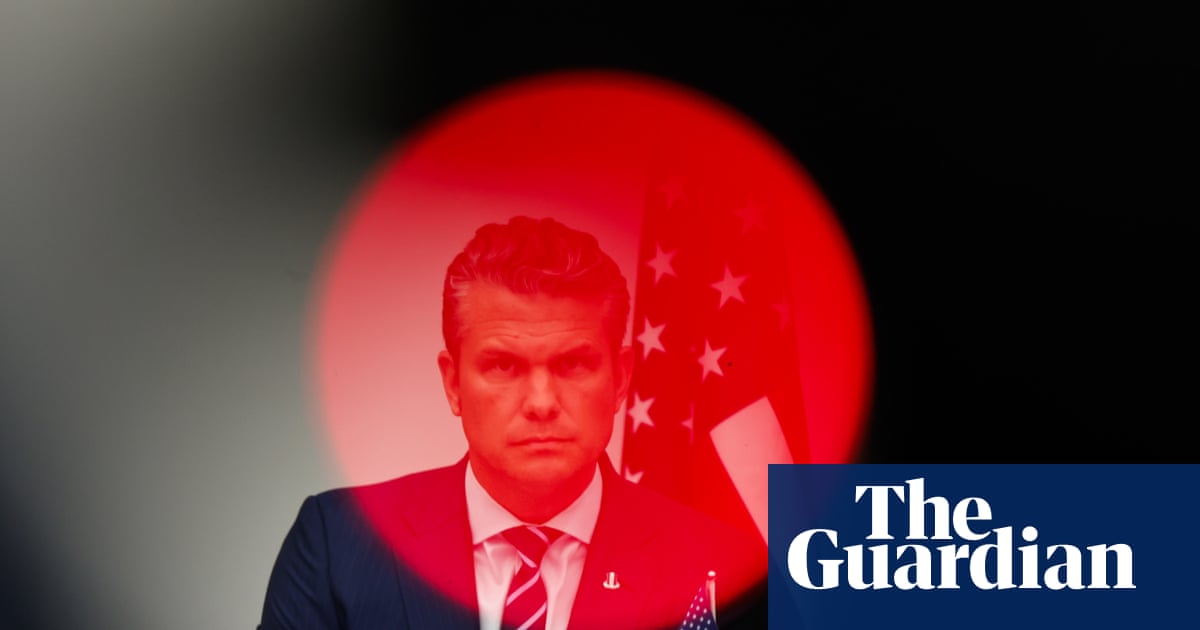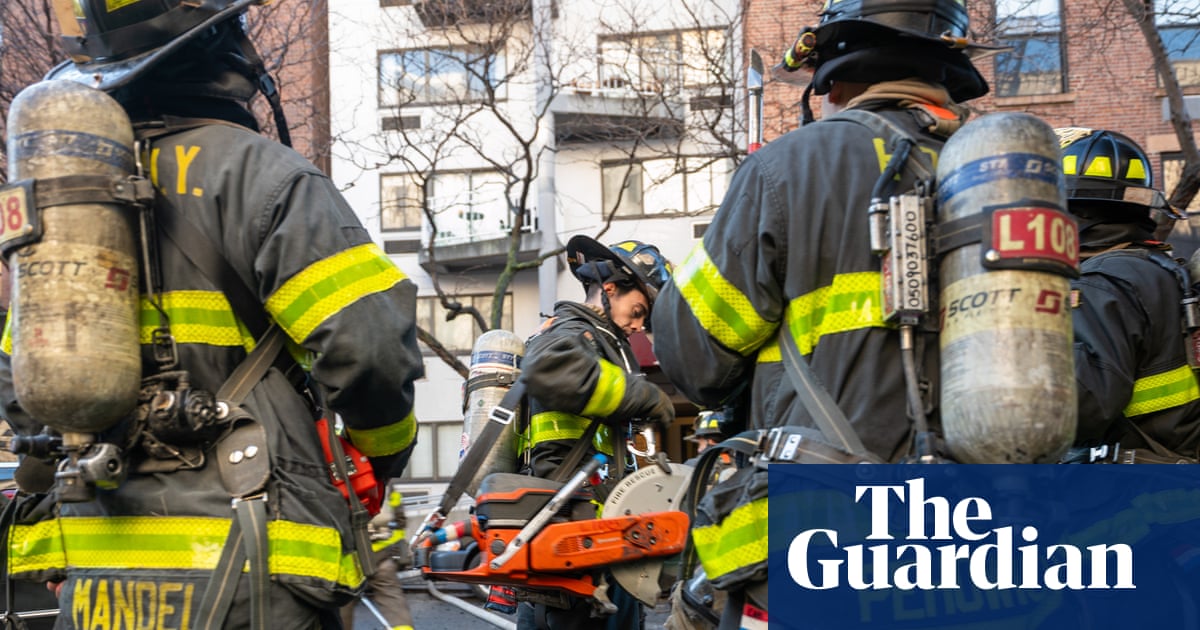No sooner has Keir Starmer reshuffled his cabinet, pronounced on Reform’s racist policies and made his party conference speech, than another key decision comes hurtling towards him. But this one concerns the future of the world. The issue is whether the prime minister attends the UN climate summit in Brazil next month.
You may think this would not require too much thought. Two years ago, Starmer attacked Rishi Sunak for not going to a much less significant climate meeting and said that, were he prime minister, he would definitely attend.
The Cop30 leaders’ summit in the Amazonian city of Belém on 6-7 November is the most important since the historic Paris Cop of 2015. But the latest reports suggest that Starmer’s political aides do not want him to go. They apparently think that Labour’s Reform-minded voters do not care much about the climate crisis and feel he spends too much time abroad. Meanwhile, Starmer’s foreign policy advisers point to Donald Trump’s mendacious attack on climate change science and policy at the UN last week and say it would look terrible for Starmer to stay away.
With Kemi Badenoch having vowed to scrap the 2008 Climate Change Act – one of the last Labour government’s greatest achievements, copied all over the world – Starmer cannot afford to go soft on his own oft-expressed climate commitments.
President Lula of Brazil has deliberately called this leaders’ summit a few days before the start of the conference, with the express purpose of getting governments to renew their commitment to multilateral climate action.
Lula knows he has a problem. Cop30 is one of those once-every-five-years moments under the Paris agreement when countries must bring their new climate targets, so-called nationally determined contributions or NDCs. But we already know that the NDCs are not strong enough to achieve the Paris goals of holding global warming to 1.5C or 2C above preindustrial levels.
Last week the world’s largest carbon polluter, China, announced its new targets. President Xi Jinping said China would cut its emissions by 7-10% from peak levels by 2035. But this is far from the cut of 30% over 2021 levels which analysts believe would be consistent with a global path to net zero after 2050. For the EU, Ursula von der Leyen, president of the European Commission, confirmed that the EU will cut its emissions by somewhere between 66% and 72% on 1990 levels by 2035 – but opposition from key member states left her unable to commit to the higher figure.
The UK’s NDC was announced a year ago at Cop29 by Ed Miliband. Aiming to cut nationally produced emissions by at least 81% on 1990 levels by 2035, the UK’s target is one of the few which analysts say is consistent with a global 1.5C pathway.
After Cop30, the UN will publish an official assessment adding up all the NDCs. But after China’s announcement, we know that the world will be heading for much more than 2C of warming – probably closer to 2.5C. And we know that at these temperatures there will be catastrophic impacts on species extinctions, sea level rise, water scarcity and extreme weather events.
So Cop30 has a huge task: to get the world back on track to 1.5/2C. The only problem is that it can’t do this. The Paris agreement was a compromise between collective agreement on climate goals and “nationally determined contributions” to achieve them. The clue is in the name: these are not subject to scrutiny or criticism by anyone else. The “emissions gap” will not even be on the formal conference agenda. China, India and Saudi Arabia are insisting that the Paris agreement forbids negotiators from discussing it.
This is why the leaders’ summit is so crucial. Lula and the UN secretary general, António Guterres, want leaders to acknowledge that their NDCs are collectively not enough.
Lula has some specific proposals. He wants to create a more streamlined UN climate council. He has put forward an innovative scheme for financing a halt to tropical deforestation. His team is working on a UN-mandated “roadmap” to show how an annual $1.3tn (£950bn) of climate finance for developing countries can be achieved by 2035. None of this will happen if leaders don’t even attend the summit.
after newsletter promotion
Trump laid down a gauntlet in his UN speech. Setting out a vision of uncurtailed US power, he shunned the UN principle of multilateral cooperation to tackle shared problems. Yet action on the climate crisis perhaps most demands this principle. Not just because global warming knows no boundaries, but because the Paris agreement is one of the few examples of successful UN action.
Before Cop15 in Copenhagen in 2009, the world was on a path to around 6C of warming. Due to the commitments made there, by Cop21 in Paris in 2015 this was down to around 4C. Since then, after 10 years of astonishing reductions in the cost of solar and wind energy and electric vehicles, it is now closer to 2.5C. That is huge progress – because countries do follow the decisions they make together under the UN system, and because a global green energy transition is already under way. It is not enough progress – but it is quite wrong to say that the UN system is not working.
But it now faces its biggest ever challenge. Time is rapidly running out to get back on a 1.5C/2C pathway. If world leaders cannot agree in Belém, this will not just be a diplomatic disaster. The world’s business and finance leaders will conclude that governments are not after all serious about climate action. So they will scale down their decarbonisation plans, just as they did after the perceived failure of Copenhagen in 2009. Emissions reductions will slow. The whole global effort to arrest the process of climate change, painfully constructed over the past quarter-century, could begin to unravel.
Trump will not be in Belém. But you can be sure he will be posting messages on social media throughout the summit. If leaders do not show up, he will gleefully boast that without even being there he has defeated the Paris agreement and the entire, woke “con” of the so-called climate crisis. It would be odd if Starmer decided to support him by also staying away.
-
Michael Jacobs is professor of political economy at the University of Sheffield and a visiting senior fellow at the thinktank ODI Global

 2 months ago
88
2 months ago
88
